In the Long Run We Are All Dead: Verso's Economics Bookshelf


“Before capitalism will go to hell, it will for the foreseeable future hang in limbo, dead or about to die from an overdose of itself but still very much around, as nobody will have the power to move its decaying body out of the way.” - Wolfgang Streeck
After years of ill health, capitalism is now in a critical condition. Growth has given way to stagnation; inequality is leading to instability; and confidence in the money economy has all but evaporated.
We present a reading list of titles that examine our current economic state, including Wolfgang Streeck's critically-acclaimed analysis, How Will Capitalism End? and Geoff Mann's provocative new book on Keynesianism, political economy, and revolution.
All these books are 40% off (with free shipping) until Feb 5th, midnight UTC. Click here to activate your discount.
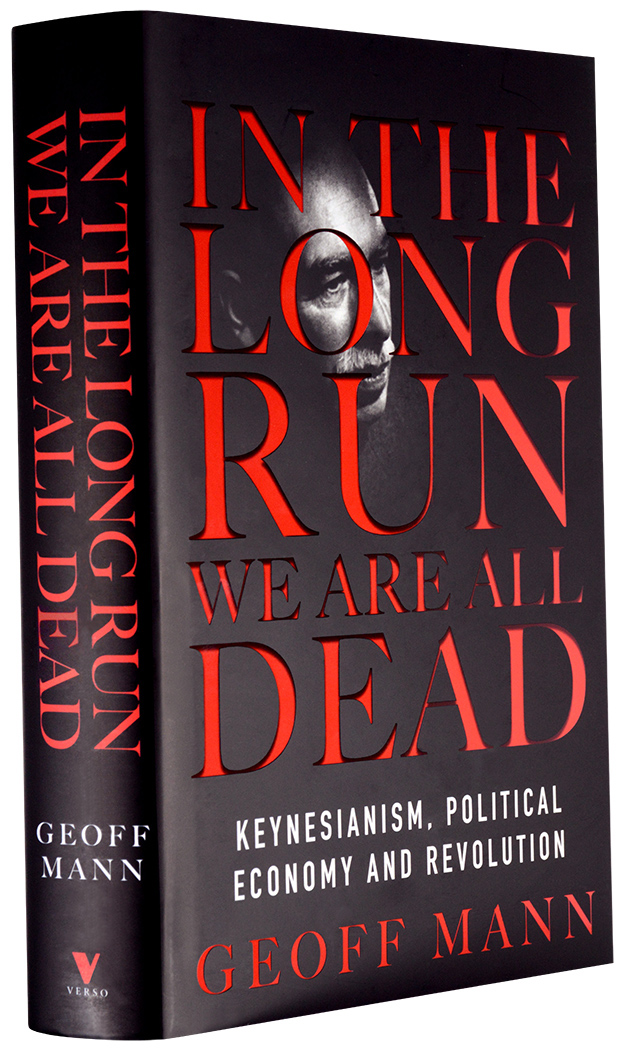
In the Long Run We Are All Dead: Keynesianism, Political Economy, and Revolution
by Geoff Mann
A groundbreaking debunking of moderate attempts to resolve financial crises.
“A detailed, fast-flowing account of how repeatedly guileful Keynesianism crisis management has saved the elite by reengineering tragedy … rewarding reading.” – Danny Dorling, author of Inequality and the 1%
FREE EBOOK! Download The General Theory of Employment, Interest and Money - a companion reader to In the Long Run We Are All Dead
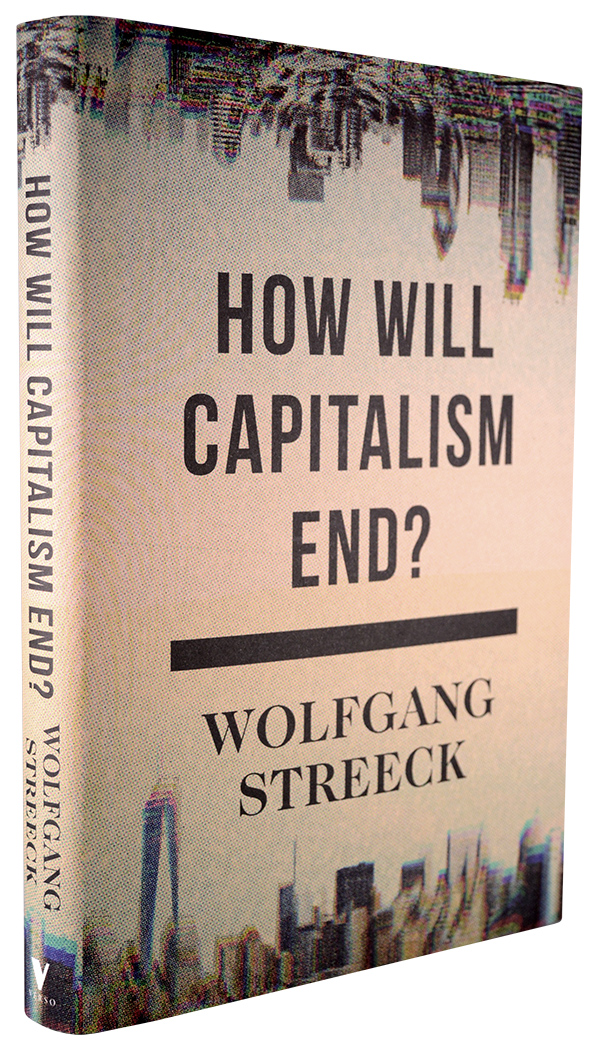
How Will Capitalism End?: Essays on a Failing System
by Wolfgang Streeck
“Streeck writes devastatingly and cogently … How Will Capitalism End?provides not so much a … forecast as a warning.” Martin Wolf, Financial Times
“At the heart our era’s deepening crisis there lies a touching faith that capitalism, free markets and democracy go hand in hand. Wolfgang Streeck’s new book deconstructs this myth, exposing the deeply illiberal, irrational, anti-humanist tendencies of contemporary capitalism.” – Yanis Varoufakis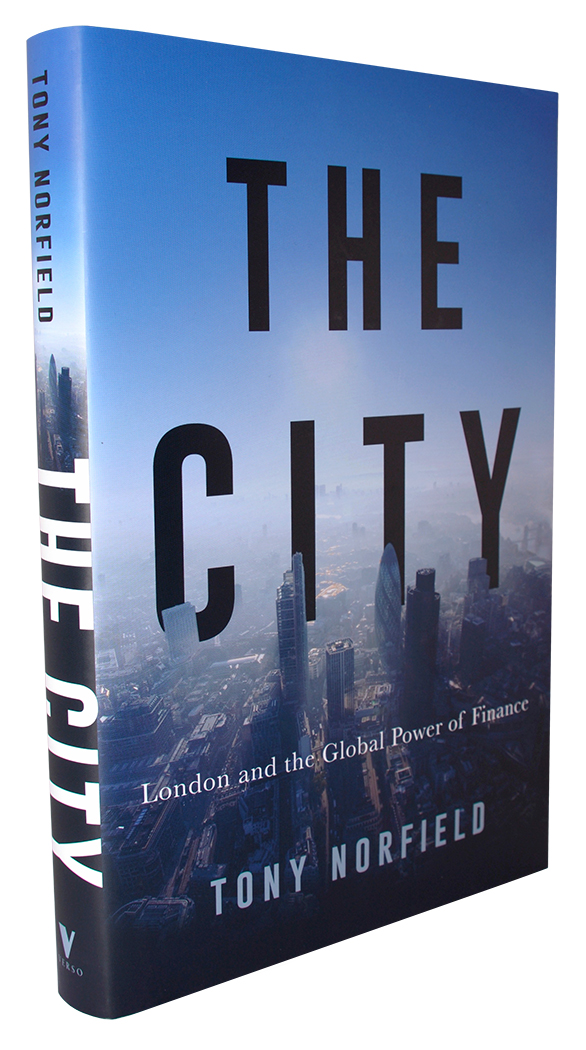
The City: London and the Global Power of Finance
by Tony Norfield
“It is not every day you read a book about global finance by a banker who quotes Lenin approvingly on page two. Unlike many of those who produce Marxist critiques of financial capitalism, Norfield writes from a position of experience: he has worked in the belly of the beast, and the book is the better for it...In The City, he has done the research and pulled together the financial statistics that explain how the bloodsucking works.” – Financial Times
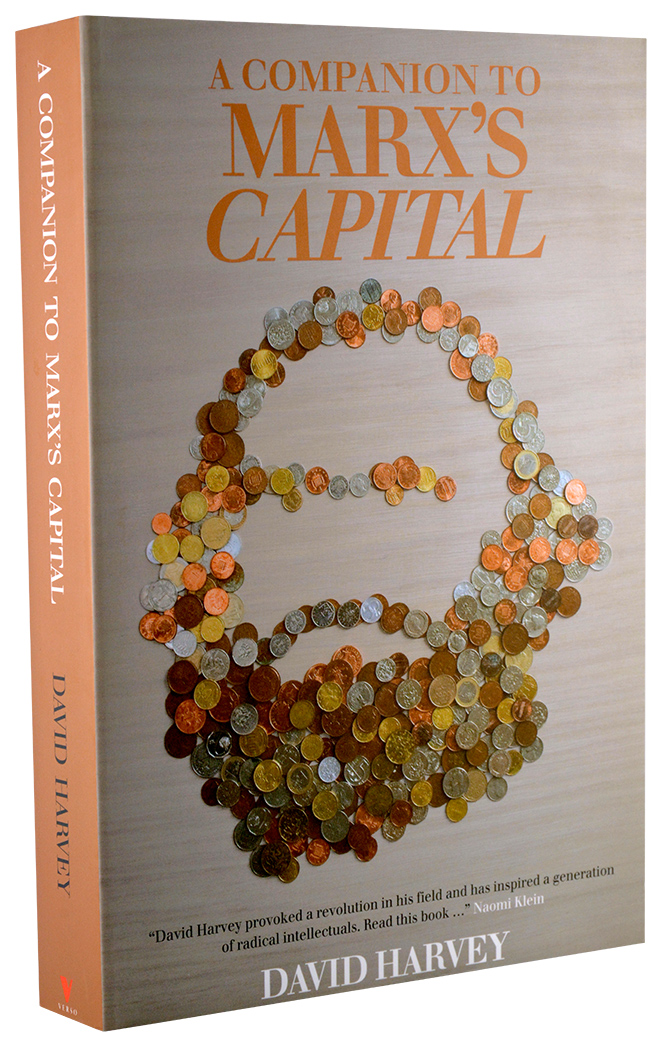
Companion to Marx’s Capital Volume 1 & Volume 2 by David Harvey
“No short review can do justice to this outstanding book ... Essential.”
– Michael Perelman, Choice
This is a must-read for anyone wanting a fuller understanding of Marx's political economy.
Watch Harvey’s complete 13-video lecture course “Reading Marx’s Capital” here.

Never Let a Serious Crisis Go to Waste
By Philip Mirowski
“It is hard to imagine a historian who was not an economist (as Mirowski is) being able to encompass the economics of the second half of the 20th century in its diversity and technicality.” —London Review of Books
After the financial apocalypse, neoliberalism rose from the dead— stronger than ever. Once neoliberalism became a Theory of Everything, providing a revolutionary account of self, knowledge, information, markets, and government, it could no longer be falsified by anything as trifling as data from the “real” economy.
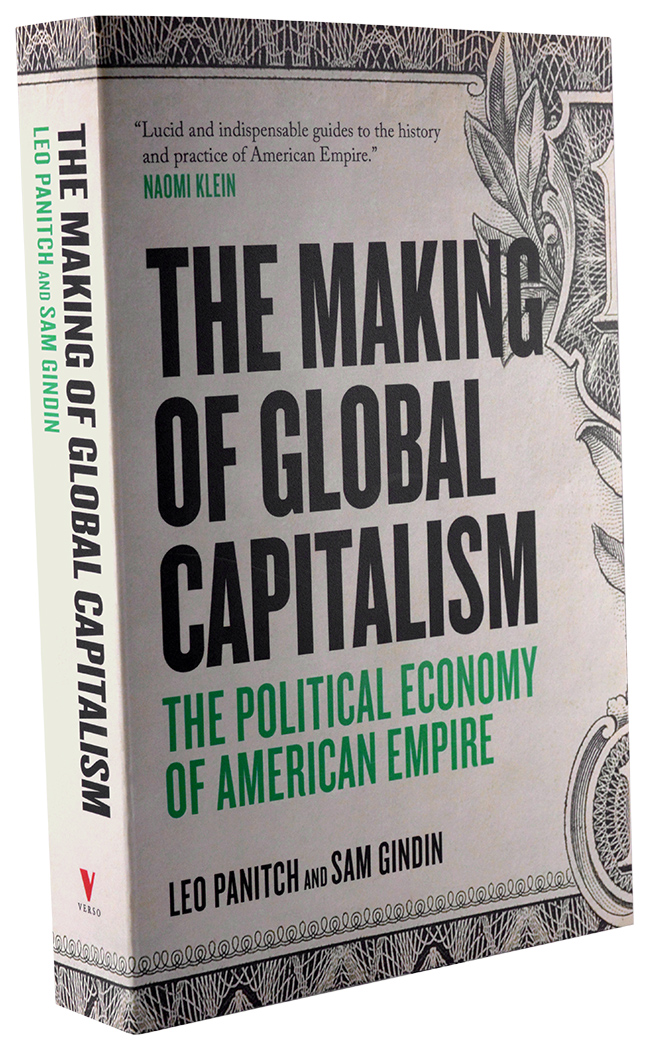
The Making of Global Capitalism
By Sam Gindin and Leo Panitch
“Indispensable guide to the history and practice of American Empire.” — Naomi Klein
“A must read for everyone who is concerned about where the future of capitalism might lie.” — David Harvey
“The most important leftist book of the year, and probably the decade.” — Charles Mudede
In this groundbreaking work, Leo Panitch and Sam Gindin demonstrate the intimate relationship between modern capitalism and the American state. The Making of Global Capitalism identifies the centrality of the social conflicts that occur within states rather than between them. These emerging fault lines hold out the possibility of new political movements that might transcend global markets.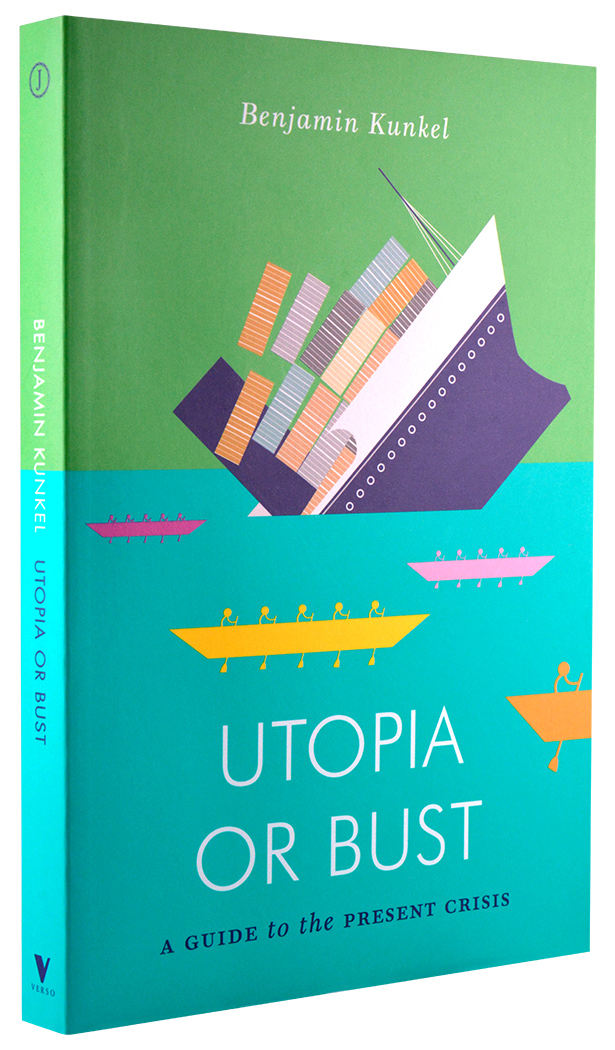
Utopia or Bust by Benjamin Kunkel
“For anyone who cares about historical necessity, the crisis of capitalism, and our fate.” — Rachel Kushner, author of The Flamethrowers
This introduction to contemporary Leftist thinkers engages with the revolutionary philosophy of Slavoj Žižek, the economic analyses of David Graeber and David Harvey, and the cultural diagnoses of Fredric Jameson. Discussing the ongoing crisis of capitalism in light of ideas of full employment, debt forgiveness, and “fictitious capital,” Utopia or Bust is a tour through the world of Marxist thought and an examination of the basis of Western society today.
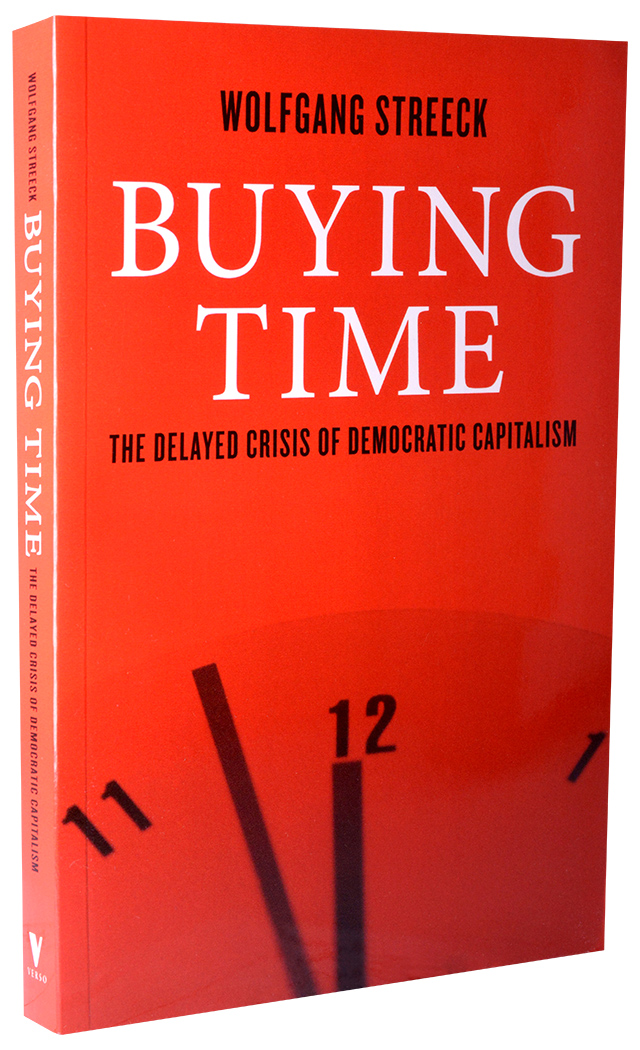
Buying Time: The Delayed Crisis of Democratic Capitalism
By Wolfgang Streeck
The financial and economic crisis that began in 2008 still has the world on tenterhooks. The gravity of the situation is matched by a general paucity of understanding about what is happening and how it started. In Buying Time, Wolfgang Streeck places the crisis in the context of the long neoliberal transformation of postwar capitalism that began in the 1970s. He analyses the subsequent tensions and conflicts involving states, governments, voters and capitalist interests, as expressed in inflation, public debt, and rising private indebtedness.

Against the Troika: Crisis and Austerity in the Eurozone
by Heiner Flassbeck and Costas Lapavitsas
“Lapavitsas is fascinating and thoughtful.” — Financial Times
The Eurozone is in a deep and prolonged crisis. It is now clear that monetary union is a historic failure, beyond repair—and certainly not in the interests of Europe’s working people. Against the Crisis proposes a radical anti-capitalist blueprint for Eurozone withdrawal.
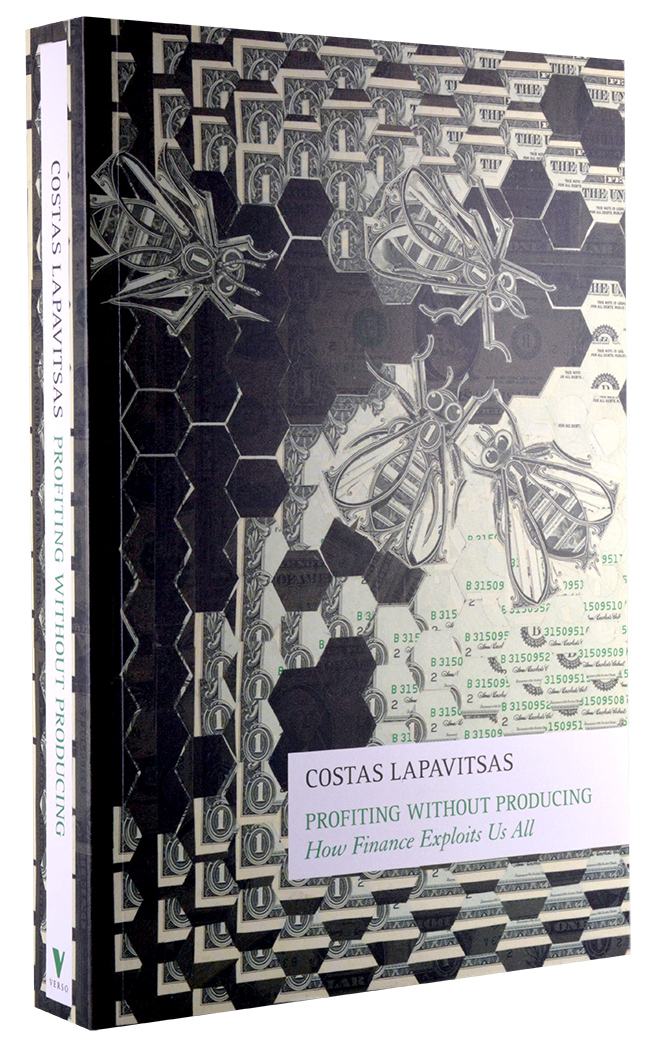
Profiting Without Producing: How Finance Exploits Us All
By Costas Lapavitsas
“This book is a profound and panoramic study of the most powerful but destructive economic force of our time" — Ha-Joon Chang
Financialization is one of the most innovative concepts to emerge in the field of political economy in the last three decades, although there is no agreement on what exactly it is. Profiting Without Producing defines financialization in terms of the fundamental conduct of non-financial enterprises, banks and households. Its most prominent feature is the rise of financial profit, in part extracted directly from households through financial expropriation.
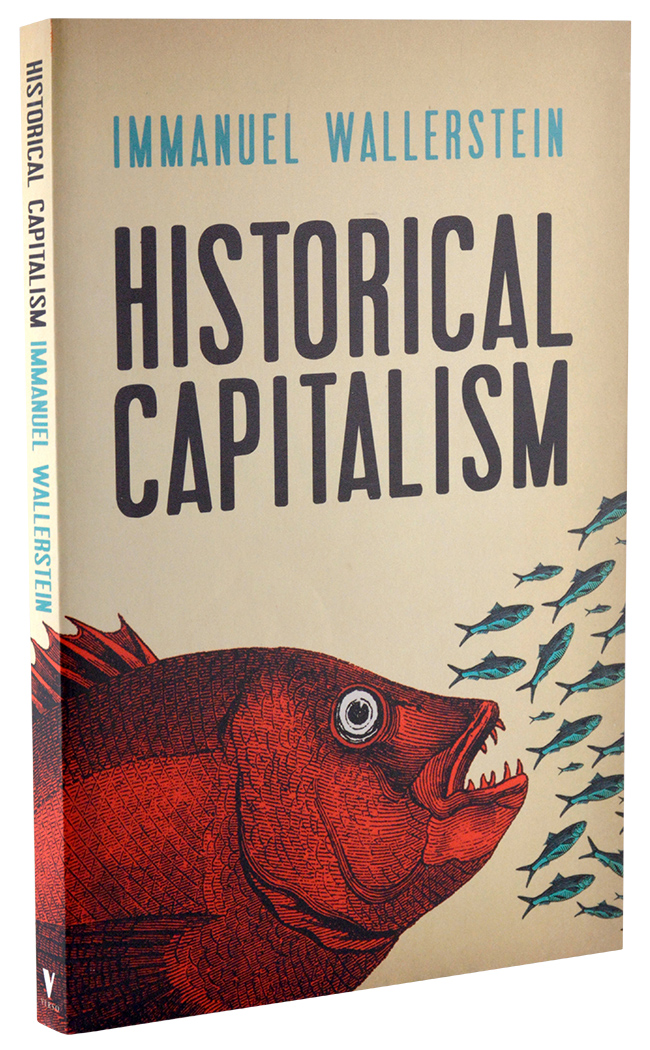
Historical Capitalism: With Capitalist Civilization
by Immanuel Wallerstein
Historical Capitalism, published here with its companion essay Capitalist Civilization, is a concise, compelling beginners’ guide to one of the most challenging and influential assessments of capitalism as a world-historic mode of production.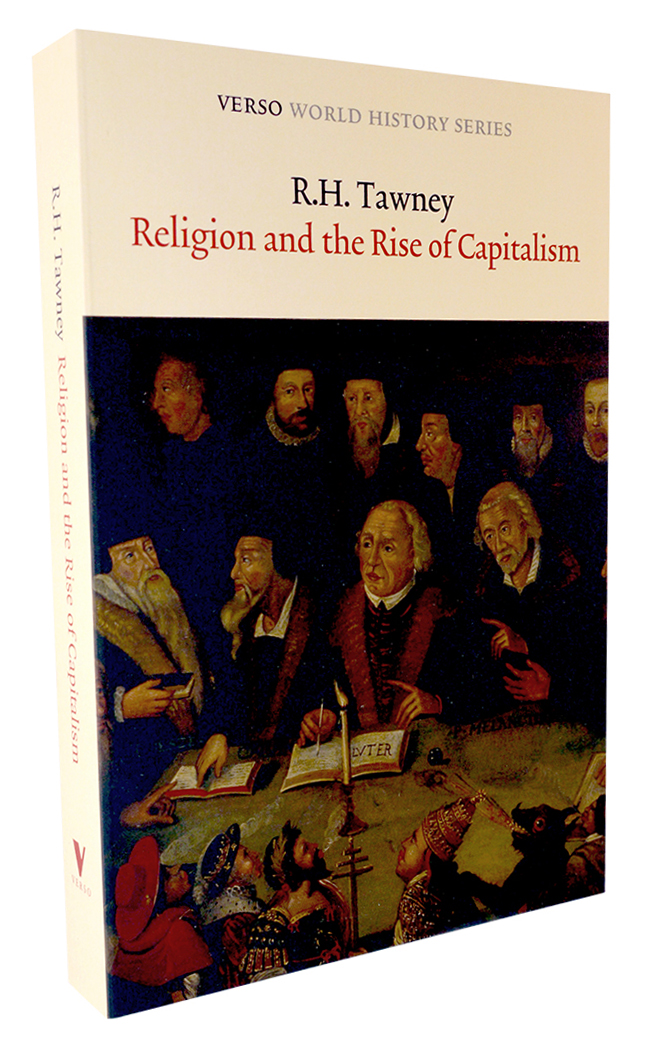
Religion and the Rise of Capitalism
by R. H. Tawney
“Tawney [is] part of a tradition that gives us hope and vitality, and charts a way out of the trap of orthodoxy. Now is the time for that tradition to be rediscovered.” — Jon Cruddas, New Statesman
By examining the period that saw the transition from medieval to modern theories of social organization, Tawney clarifies the most pressing problems of the end of the century. In tough, muscular, richly varied prose, he tells an absorbing and meaningful story. And in his new introduction, which may well be a classic in its own right, Adam Seligman details Tawney’s background and the current status of academic thought on these issues, and he provides a comparative analysis of Tawney with Max Weber that will at once delight and inform readers. 
The Complete Works of Rosa Luxemburg, Volume I: Economic Writings 1
by Rosa Luxemburg. Edited by Peter Hudis. Translated by David Fernbach, Joseph Fracchia, and George Shriver
This first volume in Rosa Luxemburg’s Complete Works, entitled Economic Writings 1, contains some of Luxemburg’s most important statements on the globalization of capital, wage labor, imperialism, and pre-capitalist economic formations.
The Complete Works of Rosa Luxemburg, Volume II: Economic Writings 2
The second volume in Rosa Luxemburg’s Complete Works contains a new English translation of Luxemburg’s The Accumulation of Capital: A Contribution to the Economic Theory of Imperialism, one of the most important works ever composed on capitalism’s incessant drive for self-expansion and the integral connection between capitalism and imperialism.
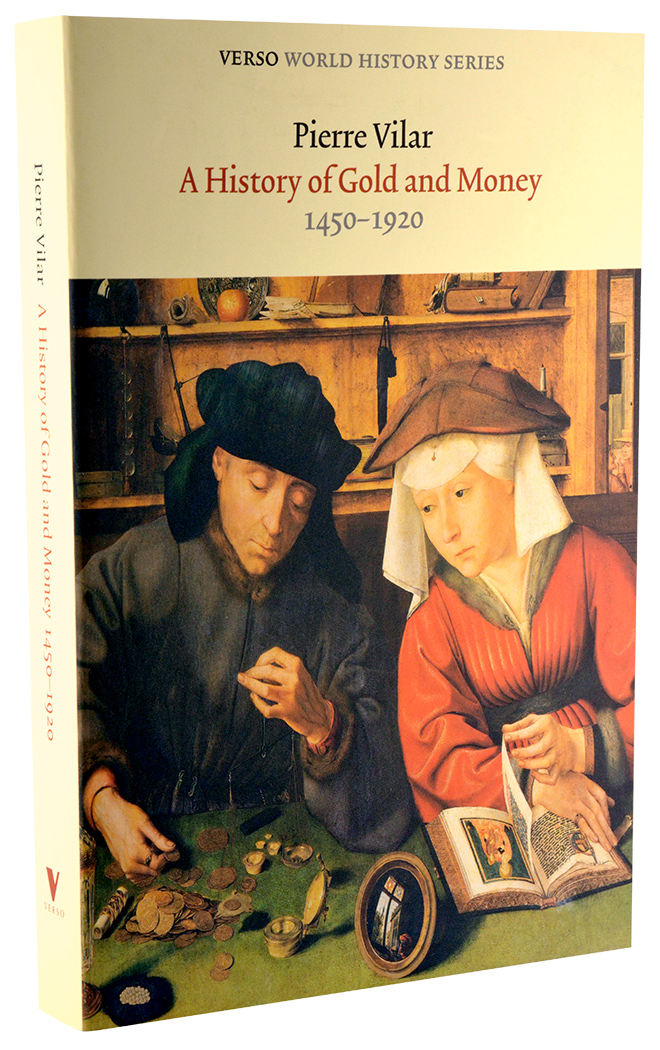
A History of Gold and Money: 1450-1920
by Pierre Vilar. Translated by Judith White
For much of human history, the motive force behind war, conquest, social conflict and world exploration has been the drive to acquire gold. From the ancient world of Croesus to the wealthy dynasties of Renaissance Italy, from the earliest European explorations into Africa, America, and Asia to the gold rushes of the nineteenth century and the banking crises that lay beyond them, Pierre Vilar depicts the awesome power of avarice to structure the world in which we live. The insidious power of gold and money is the subject of this enlightening and entertaining history.
The Verso World History Series provides attractive new editions of classic works of history, making landmark texts available to a new generation of readers. Covering a timespan stretching from Ancient Greece and Rome to the twentieth century, and with a global geographical range, the series will also include thematic volumes providing insights into such topics as the spread of print cultures and the history of money.
New Old World by Perry Anderson
“This is a hugely ambitious and panoramic political book, of a sort rarely attempted in our era of quick leader biographies and reheated histories of the Second World War.” — Andy Beckett, The Guardian
A magisterial analysis of Europe's development since the end of the Cold War.

